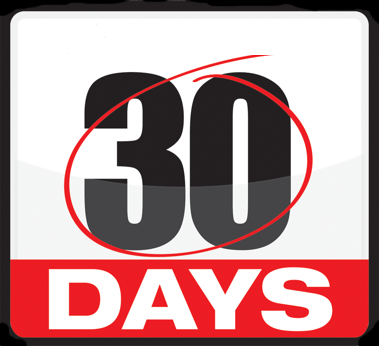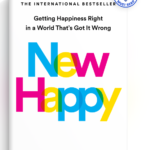The most common question I get from readers and friends is how to start a small business. Starting is the really hard part. People expect some secret sauce that you spread across your forehead and suddenly, customers start to call. Ideas are easy to say, actions are the difficult part.
There is a surprising simple way to start a business. It involves forward motion and answering three critical questions. Answering these three questions within thirty days will help you move your idea forward. Like a stage gate process, you must get through the first gate with confidence. The secret to this approach is tied to some basic goal setting and being action-oriented.
Through this method, you create a 30-day timetable with a milestone every ten days. What makes this approach so helpful is that on day one you start with an idea and on day 30, you have valuable information and a beginning framework to make a go/no go decision. In limiting yourself to thirty days, you also force yourself to work on the project, answer some important questions and set yourself up to move forward.
A Surprisingly Simple Way to Start a Business
Day 1-10 – WHAT IS IT YOU WILL DO? You need to be able to explain what the product or business does to someone who doesn’t understand your idea. Warren Buffet said that if you can’t explain your idea to a child, you probably don’t understand it either.
Write one hundred words that explain the idea. You must be clear what your product or service will do. Practice describing this ‘elevator speech’ to anyone who will listen until you feel that you can articulate it in a confident way. You won’t have all the answers to many issues, but you want to get a clear statement of what you will be doing. Take ten days and keep crafting the answer until it is really clear. Then start telling people about the idea, not to get feedback but to help you refine what it is you will do.
Example: I want to open a bar that caters exclusively to people who crave local craft beers. We will serve food that pairs with the beers but only small plates. Nothing fancy but the bar provides a nice atmosphere for friends to relax and chill. All the beer and food will come from an area that is 20 miles from the bar. Everything we sell will be hyper-local. We will name the bar to represent this local theme too. We won’t serve anything but craft beer so we will be seen as experts in this area and the place to go for great new local beers and food.
Day 11-20 – WHY ARE YOU GOING TO DO THIS? “Why” matters a lot because it helps you get even deeper into your personal motivations for the work. Perhaps the “why” is as simple as, I love doing X, and I want to try to run my own business to have more control in my life. When the “why” is solely about money, you haven’t dug deep enough. Almost everyone starts a business to prosper and make money. But that alone isn’t going to help you with this step.
Example: I always wanted to be an owner and not an employee. I want the bar to be an artistic expression of my taste and my style but fits well with a local neighborhood. We will feature local artists and musicians several nights each week. Having worked in many bars, I think I can do a better job than owners I have observed. I know it will require long hours, but I am committed to giving it a try. I’m passionate about my local community so that will be a key part of my business and brand.
Day 21-30 – IS SOMEONE ELSE DOING THIS, HOW WILL YOU BE DIFFERENT? If you want to open this special bar, wouldn’t it be a good idea to find examples of other bars, in other cities that are doing something like what you want to do?
Imagine, if you could speak to the owners? By day 30, you want to talk to at least five bar owners doing something similar to what you have in mind so that you can learn the good, the bad and the ugly. They will give you a reality check that can be very productive and practical. People are surprisingly willing to share and, if you are in another city, they don’t have to worry about the competition. Often people are flattered to have you ask their opinion. Then write down in about 100 words what you have learned.
Example: I am surprised that all five people I spoke to said that they are having a very difficult time making any money. Their biggest problem is theft and bartenders with heavy pours that are difficult to monitor. One of the five people I spoke with is thinking of selling after two years. The other four are struggling but don’t see any other real option. All five have issues keeping employees and, if they pay them more is still difficult to retain them for long periods of time. Two of the five weren’t sure how to increase traffic and improve word of mouth in their neighborhood. Before starting this business, I better have a plan to solve the loss problem or I may fail. I’m also aware of how hard it is to retain employees, something I hadn’t even considered.
Starting a business is very difficult. But if you go into it with a realistic view of the challenges, it makes it easier to confront each problem head on. With this thirty-day, simple approach, you get to the thirtieth day and can make an informed decision to either go forward or not. Do you feel equipped to solve the challenges other have? What is it that you can uniquely bring to the venture that the others you spoke with are missing? Where will you focus your energy and effort based on what you have learned?
There is a lot of work ahead, but diving into the first thirty days with a clearer picture helps makes the path forward more attainable. Identify a mission critical problem to solve upfront, helps you focus on how you can be successful.
Remember, the hardest part is starting.
Need help getting started? Want a coach to guide you on your path? Let’s see what we can brew up together. Give me a call.




